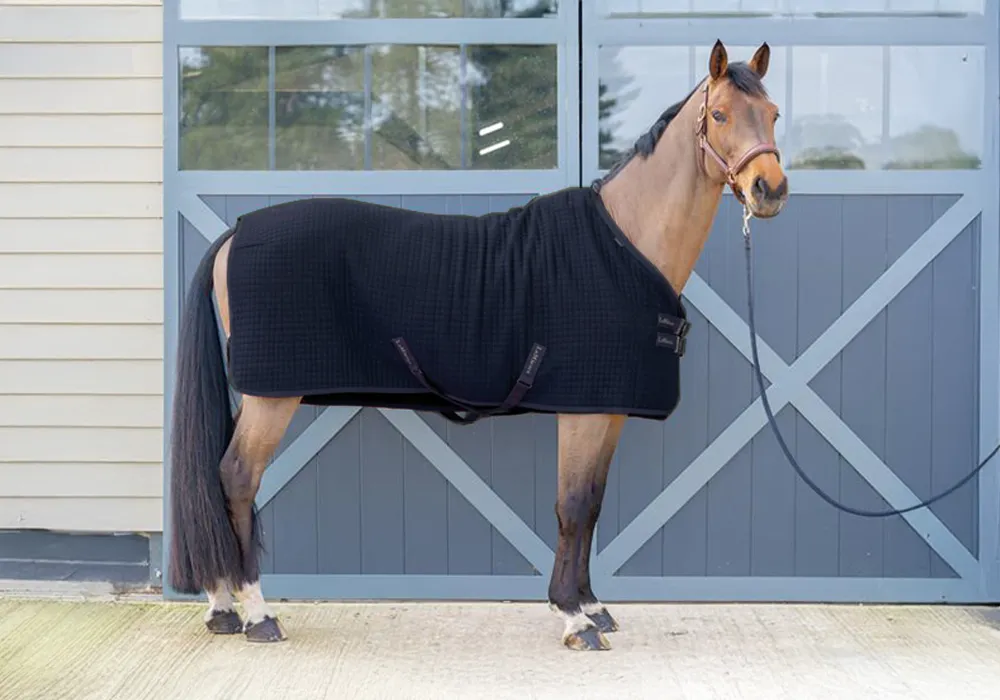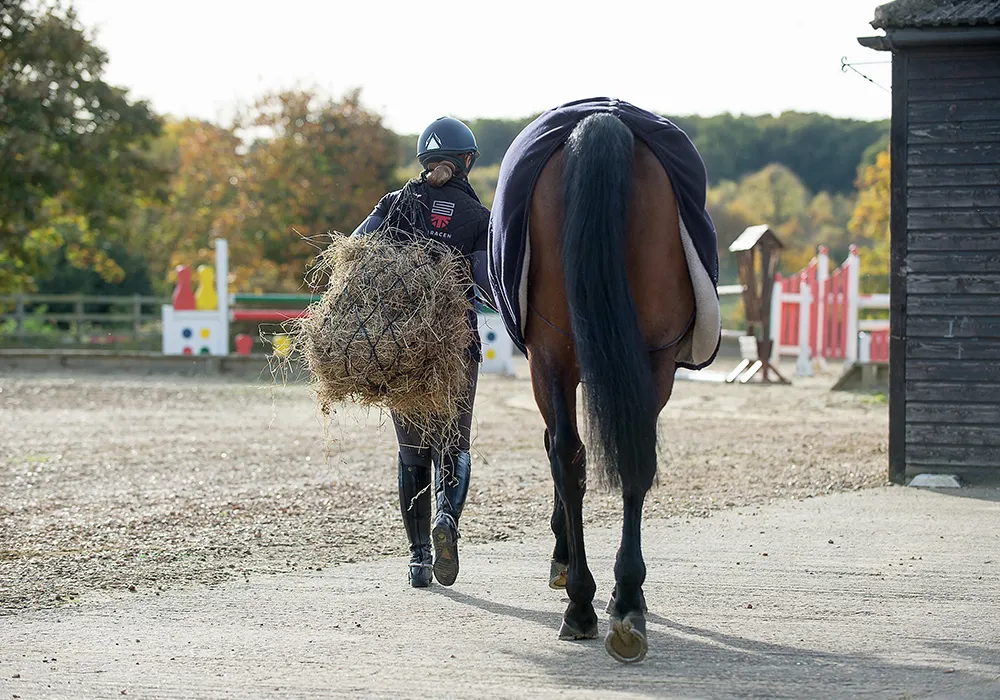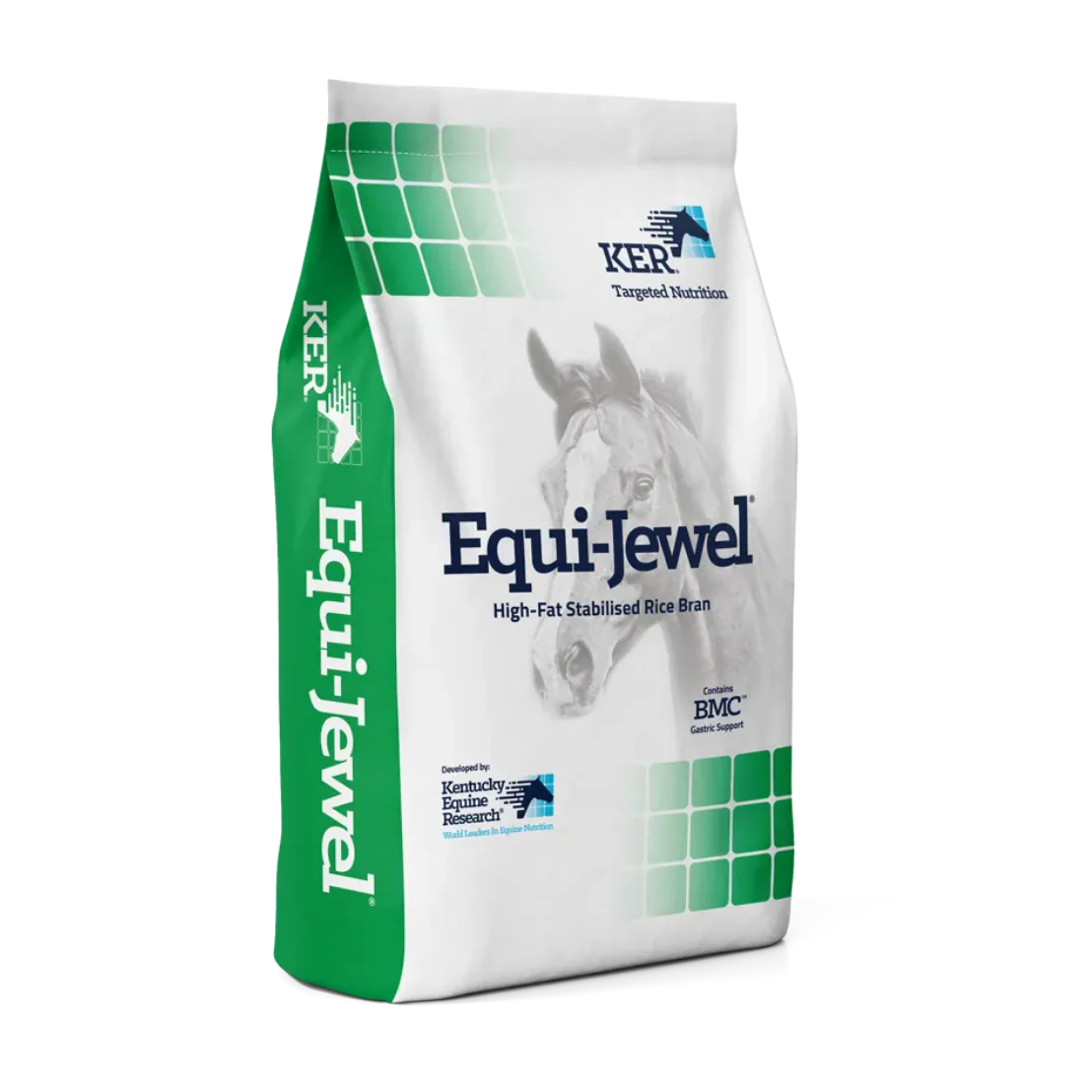Articles, case studies & advice
Expert tips and insights to keep your horse healthy, happy, and well-fed.
Articles
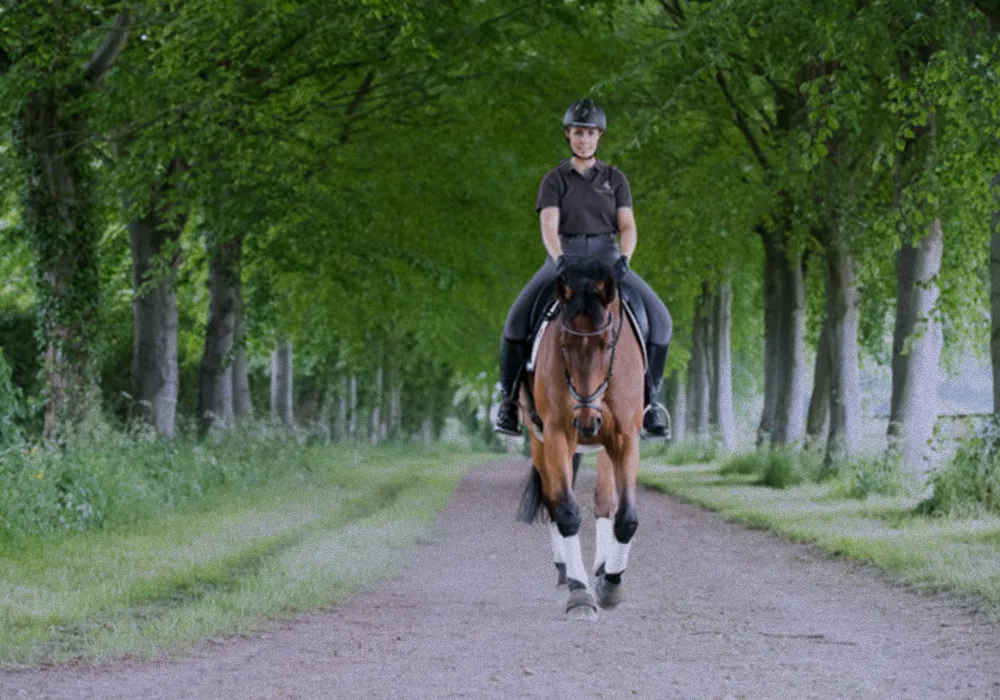
Risk Factors associated with Gastric Ulcers
Modern management often limits natural foraging, increases stress (training, early weaning), and uses high-starch diets with too little forage and fibre.
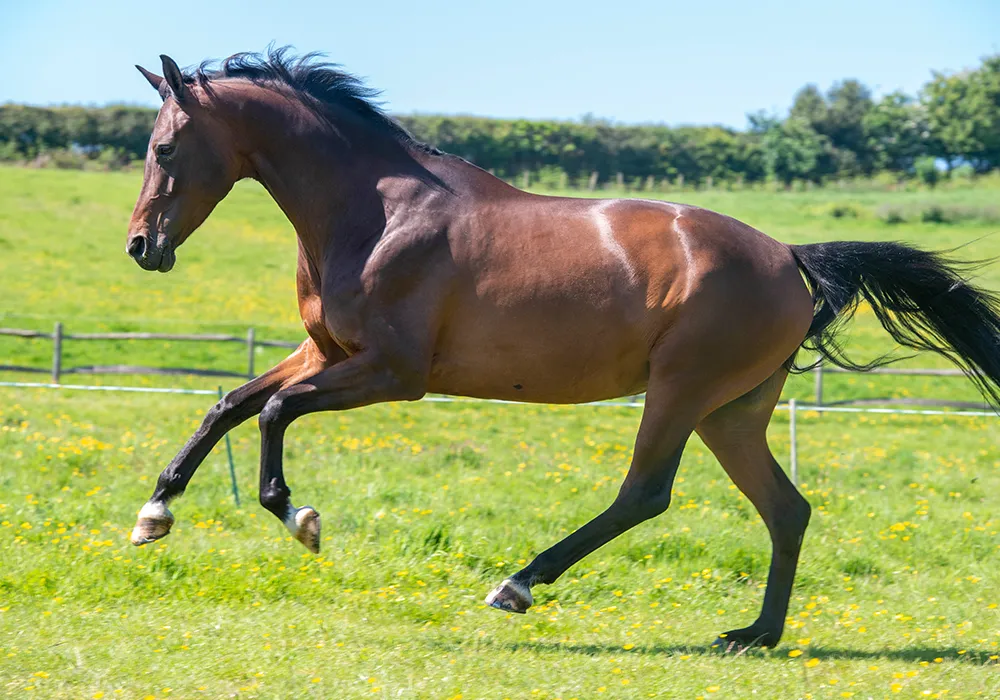
Understanding Equine Muscle Myopathies
Learn about common horse muscle myopathies – RER, PSSM, and MFM. Discover symptoms, diagnosis, and nutritional management strategies for tying-up in horses.
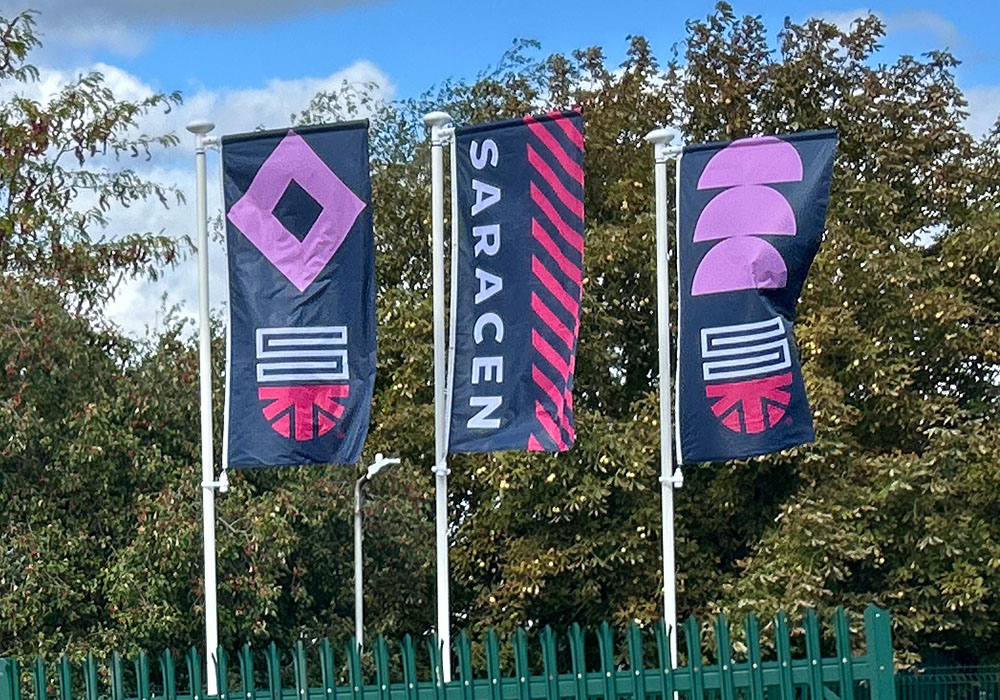
Saracen's New Brand Identity
A clearer Saracen: modern look, proven feed, future-focused.

Signs of Dehydration in Horses and How to Prevent it
Learn how to keep your horse hydrated, spot dehydration, and use electrolytes for hot weather care.
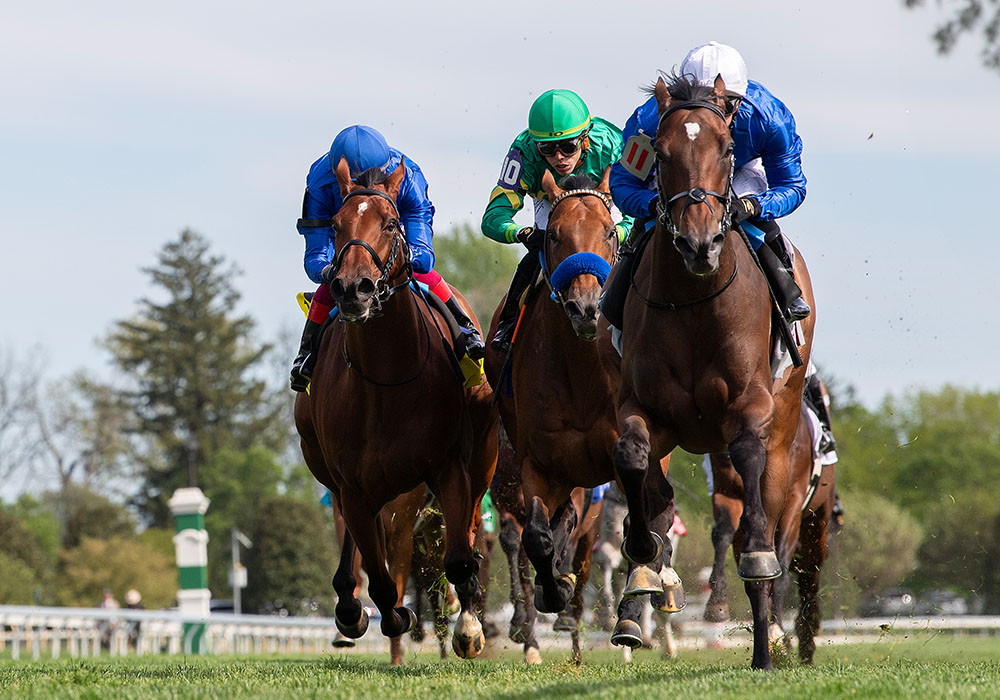
Feeding the Ex-Racehorse: Top Tips
Find our nutritional teams top tips for feeding your ex-racehorse.

Managing Muscle Myopathies – the Latest in Tying Up
Dr. Stephanie Valberg, world-leading specialist in equine muscle myopathies explores the evolutionary, environmental and genetic factors that influence exertional rhabdomyolysis.

Feeding the Ex-Racehorse: Maintaining Optimum Body Condition
We are often asked: ‘what is the optimum body condition score for my horse to be in?’
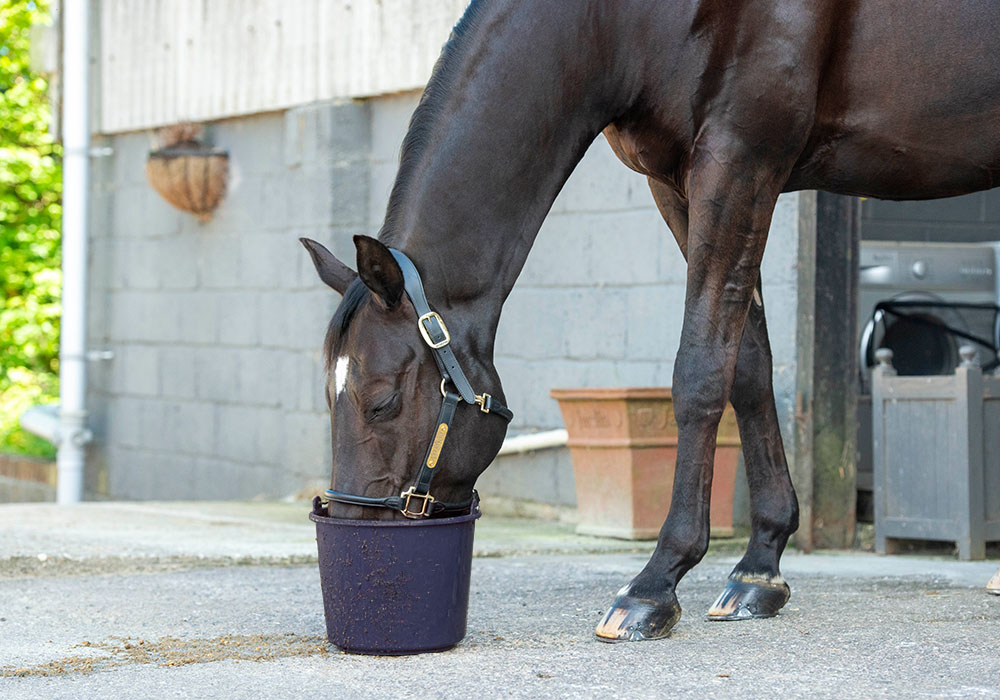
Feeding the Ex-Racehorse with Gastric Ulcers
Due to a lower forage intake and high workload during training, many racehorses may suffer from gastric ulcers at some stage of their life.

Understanding Equine Gastric Ulcers
The make-up of the diet and feeding practices can have a significant impact on the digestive health of horses.
